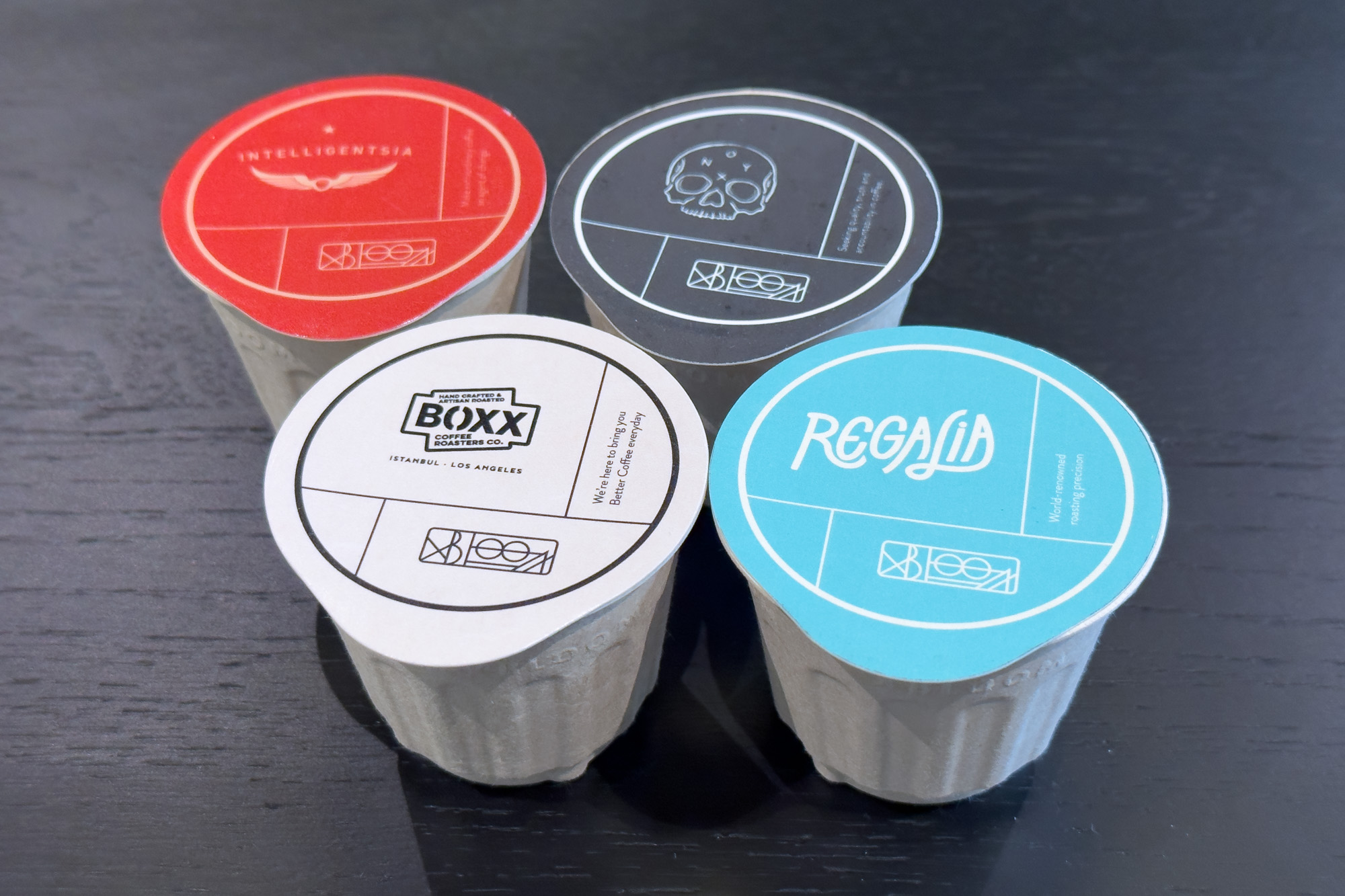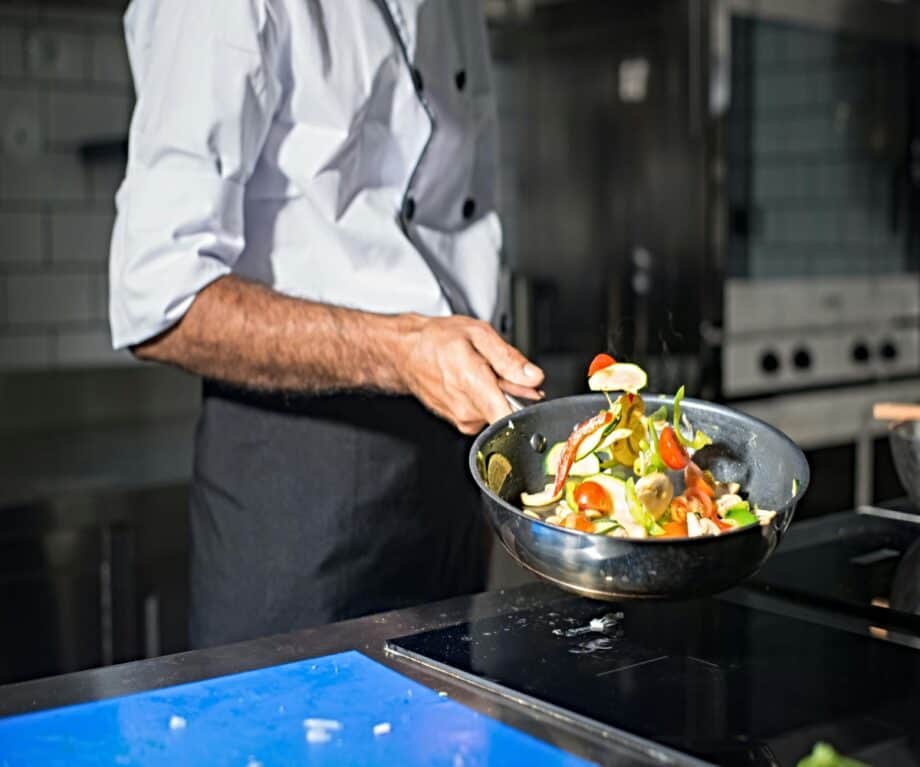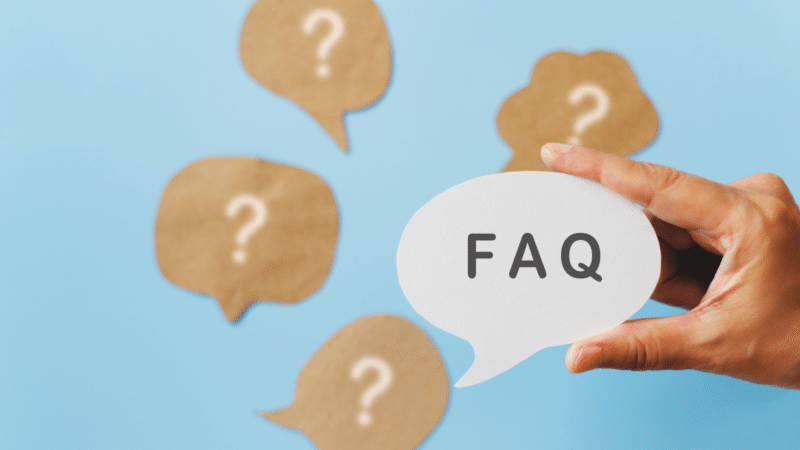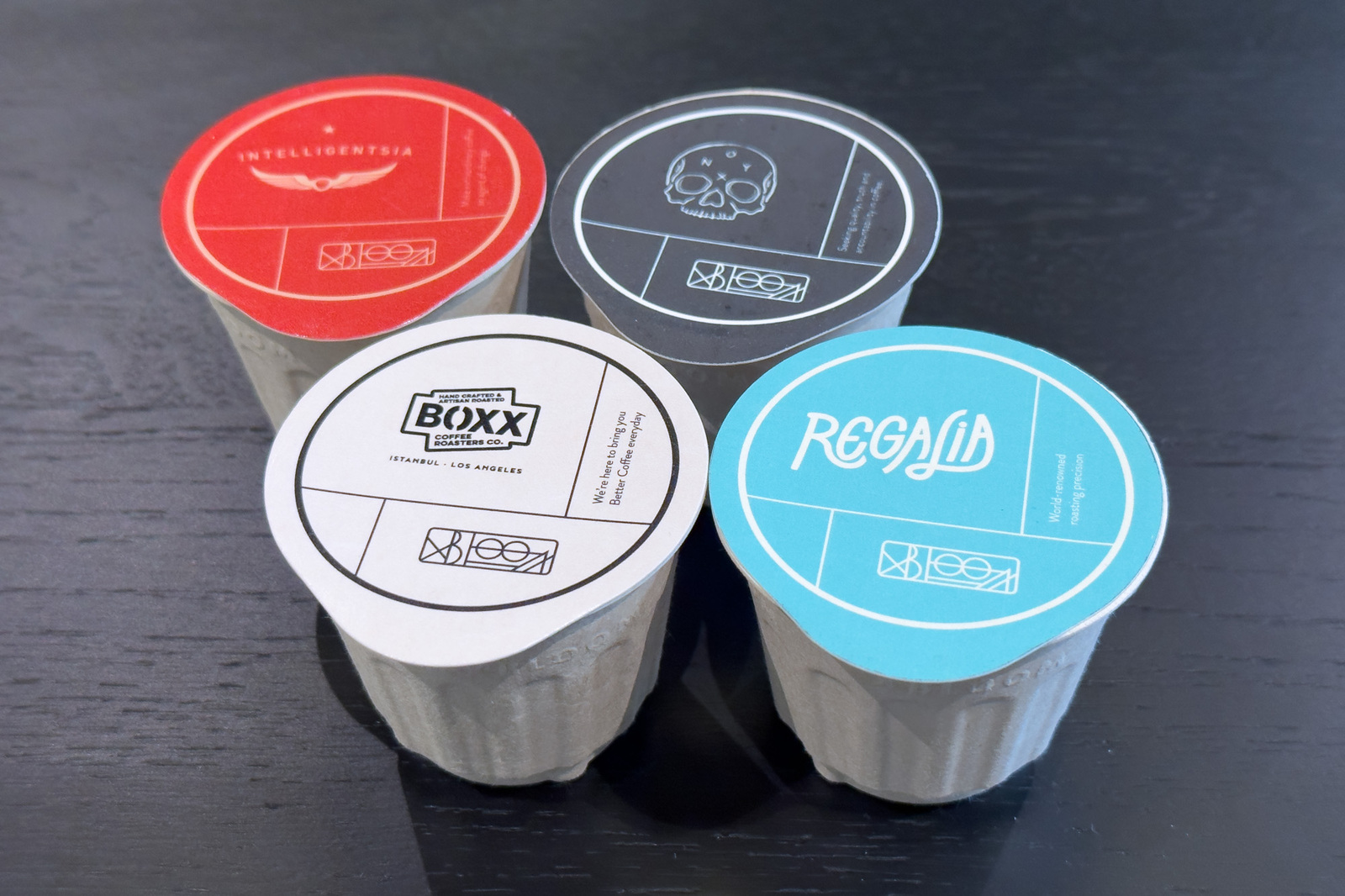Coffee nerds love the ceremony of making a good cup of coffee, but once you get advanced enough, things get really complex really fast. Making high-end pour-over coffee is a fine dance of grinding, pouring, temperature and patience, and it turns out that a lot of us just cannot be bothered with learning enough (or bringing enough science to the mix) to have great coffee every time. If you have $800, Xbloom is here to help with its one-touch bean-to-cup system.
Each of the coffees in the company’s assortment needs a slightly different routine; different amounts of water, temperatures and different grind sizes. Each of the pods has an NFC chip built in, so it can tell the machine what it needs to do to prepare the coffee — or, using the app, you can fine-tune your preferred recipes.
“The machine is able to have the coffee well expressed as the roaster intends. In this way, you can think about us as a hardware-enabled marketplace that we buy coffee for,” says Xbloom’s founder Richard Xu in an interview with TechCrunch. “We have only 2 million to 5 million people in the United States who are actually buying beans and preparing coffee from bean to cup themselves. There are 200 million people drinking coffee on a daily basis, so that’s a huge gap.”
The machine itself is a wonderfully over-engineered marvel. It looks like a modern art sculpture, and its sleek exterior hides a lot of clever tech. For example, the machine uses magnetism to bend the stream of water so it pours little circle shapes over the grounds, using the same principle as you may have seen in science class. It also uses extremely precise grinding and has a scale built in to measure the amount of water that gets poured over the grounds for every part of the cycle.
I tried a prototype of the Xbloom for a couple of weeks, and there’s little doubt that the machine is capable of making extraordinarily fine and subtle coffees. The machine is easy to use, and it’s awesome that it self-configures based on whatever beans you feed it.

Xbloom works with a number of roasters to make its coffee pods. The pods contain beans and double as the filter; the machine does all the grinding and pouring for you. Image Credits: TechCrunch / Haje Kamps
The water reservoir might have been a little bigger, and when I reviewed it the app wasn’t fully completed yet, but the company is currently working on fulfilling its Kickstarter orders, before shipping machines to its preorder customers next month. Xbloom says that its app will be fully brewed by the time the machines start shipping to new customers.
In addition to its $800 flagship coffee machine, it’s also working on machines that can work well in restaurant settings.
“People are still serving very bad coffee in Michelin three-star restaurants,” Xu notes, and suggests that the company is working on versions of its machine that can work well in higher-volume restaurant settings: Larger water tanks or the option to plumb it in means that anyone can make high-end pour-over coffee with beans from specialty roasters, without having to learn any of the actual coffee-making skills.
The company says it is also working on a more affordable machine with a lower price point later this year.
In use, I enjoyed that the Xbloom made making pour-over coffee foolproof, but I also found myself wondering whether that’s worth $800 — that amount of money buys you a lot of coffee-making equipment that wouldn’t force you to use a single supplier for your coffee beans. I also found myself missing the ritual of making myself a cup of pour-over coffee: The five minutes it takes to mindfully prepare a beverage is a lovely pause in the work day.
“I think this machine was never designed to replace the ritual of making coffee. We want people to buy this machine and eventually involve themselves. We always see ourselves being the gateway of specialty coffee,” Xu explained. “We aren’t trying to have yet another machine for the 2 million people who already make bean-to-cup coffee. The problem we are trying to solve is to introduce the rest of the 200 million coffee drinkers into this world.”
The machine is fantastic. It looks great, and has one of the best amount-of-work-to-coffee-quality ratios I’ve ever experienced from a coffee machine. What I’m struggling with, however, is whether that is enough.
Personally, I think the price point is a major stumbling block for this product — yes, there are many people who can afford $800, but I’m struggling to imagine what the market looks like; it’s a very specific Venn diagram of customer needs. Xbloom is targeting people who care enough about coffee to spend $800, but that don’t care enough to spend that same money on an assortment of coffee-making equipment so they can make it themselves. I have to admit I’m a little impressed that the company was able to find 1,300 backers for its crowdfunding campaign. My business prediction is that until Xbloom launches its more affordable version of the machine, I’m not sure it’ll be able to find the next 10,000 customers.
But, should that be wrong, and if Xbloom can find a way to reach its target audience, I forecast that the people who do end up buying one because they see the value of quality coffee and don’t want to spend the time making it at home will be very happy with the machine and the coffee it can create.
Review: Xbloom makes perfect pour-over so you don’t have to by Haje Jan Kamps originally published on TechCrunch












